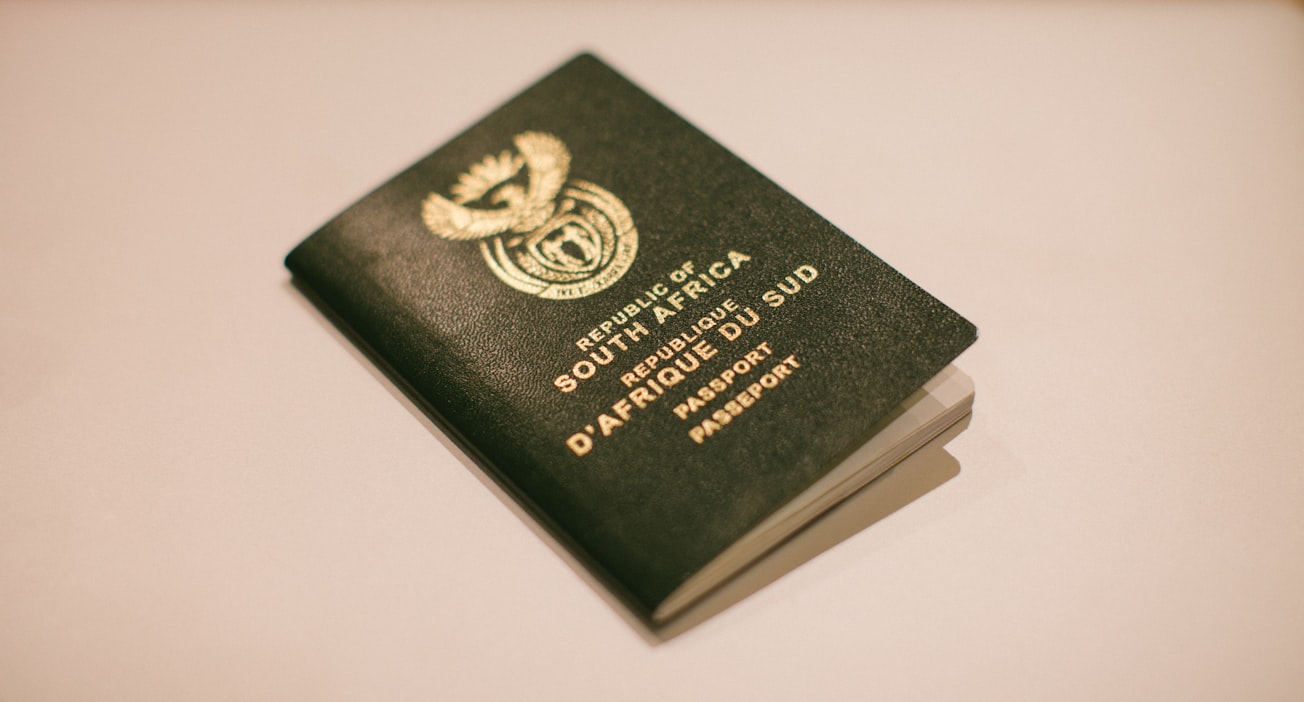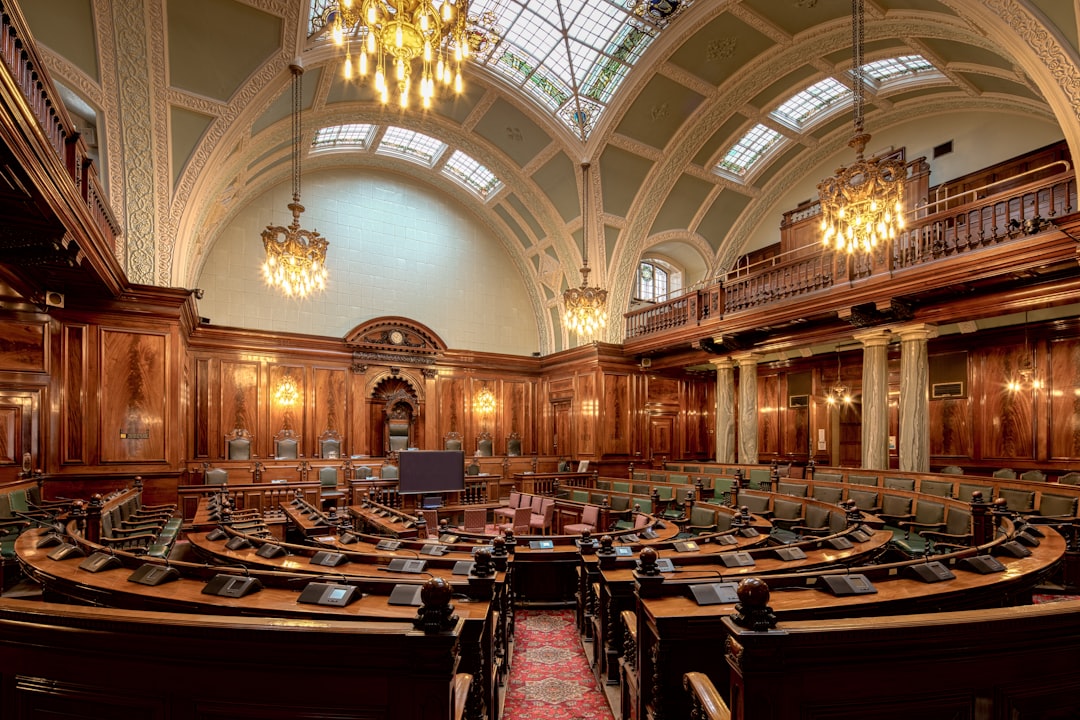What is it about?
The African Union (via the Free Movement Protocol) wants to make 'being African' an important immigration admission criterion amongst its member states. But what do ordinary people in South Africa think about Pan-African boundary-making? Using data from the South African Social Attitudes Survey, this paper argues that social identity is one of the primary drivers of public backing for this kind of symbolic boundary-making.
Featured Image

Photo by Mpho Mojapelo on Unsplash
Why is it important?
It is possible that the Free Movement Protocol could spark a public backlash that may have far reaching effects. Popular discontent could undermine support for the AU and the Pan-African programme of regional integration more generally. Racial and national attitudes help shape whether people in South Africa support making 'being African' an important immigration admission criterion.
Perspectives
Mass opinion is a source of legitimacy in a democratic framework and the African Union's Agenda 2063 prioritises deepening (and spreading) democratic values on the continent. It is for this reason that there is a need for greater understanding of public attitudes towards the Free Movement Protocol (and regional integration more generally) in Africa.
Dr Steven Lawrence Gordon
Human Sciences Research Council
Read the Original
This page is a summary of: The importance of being African: public attitudes towards immigration selection in South Africa, Commonwealth and Comparative Politics, October 2020, Taylor & Francis,
DOI: 10.1080/14662043.2020.1816667.
You can read the full text:
Contributors
The following have contributed to this page










